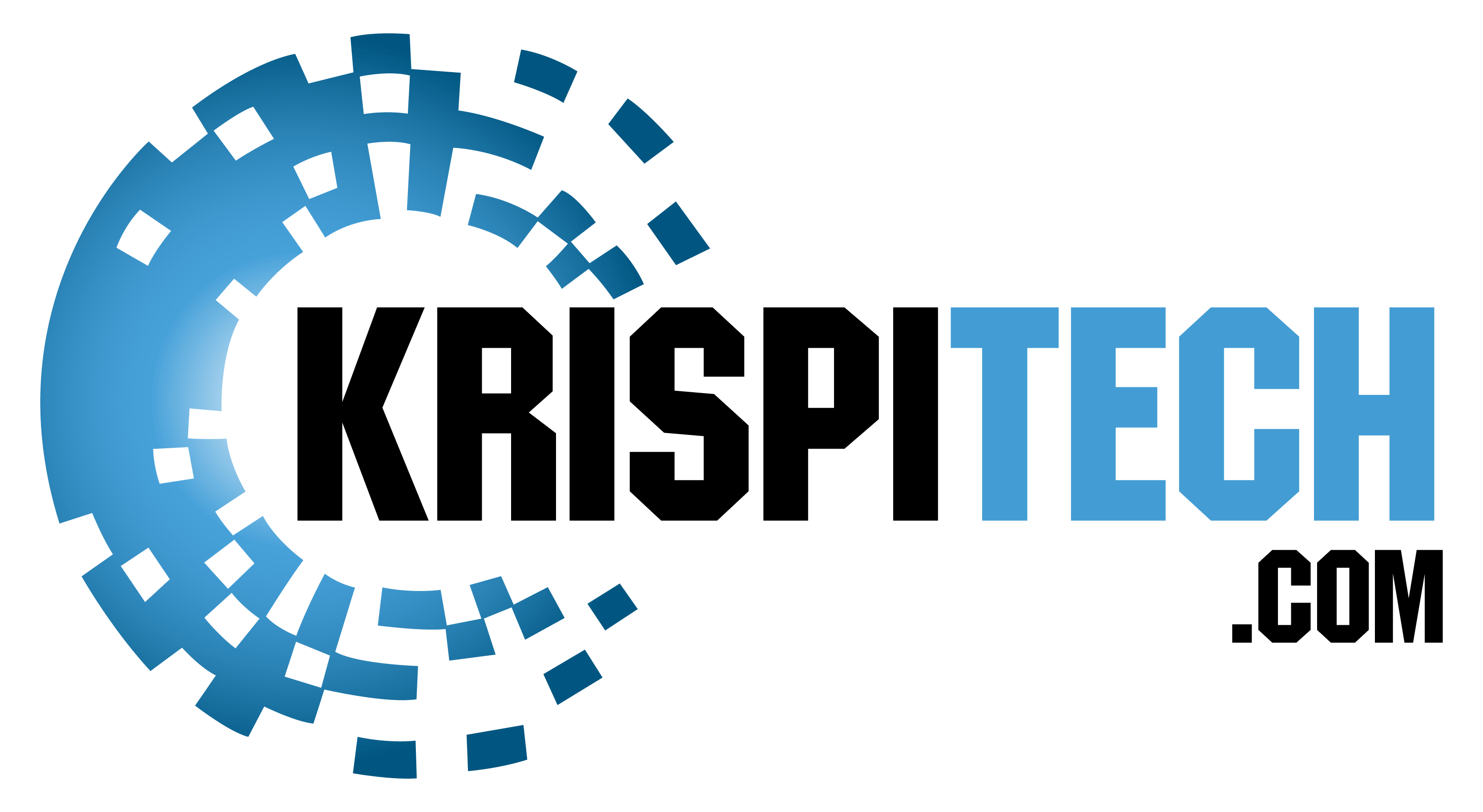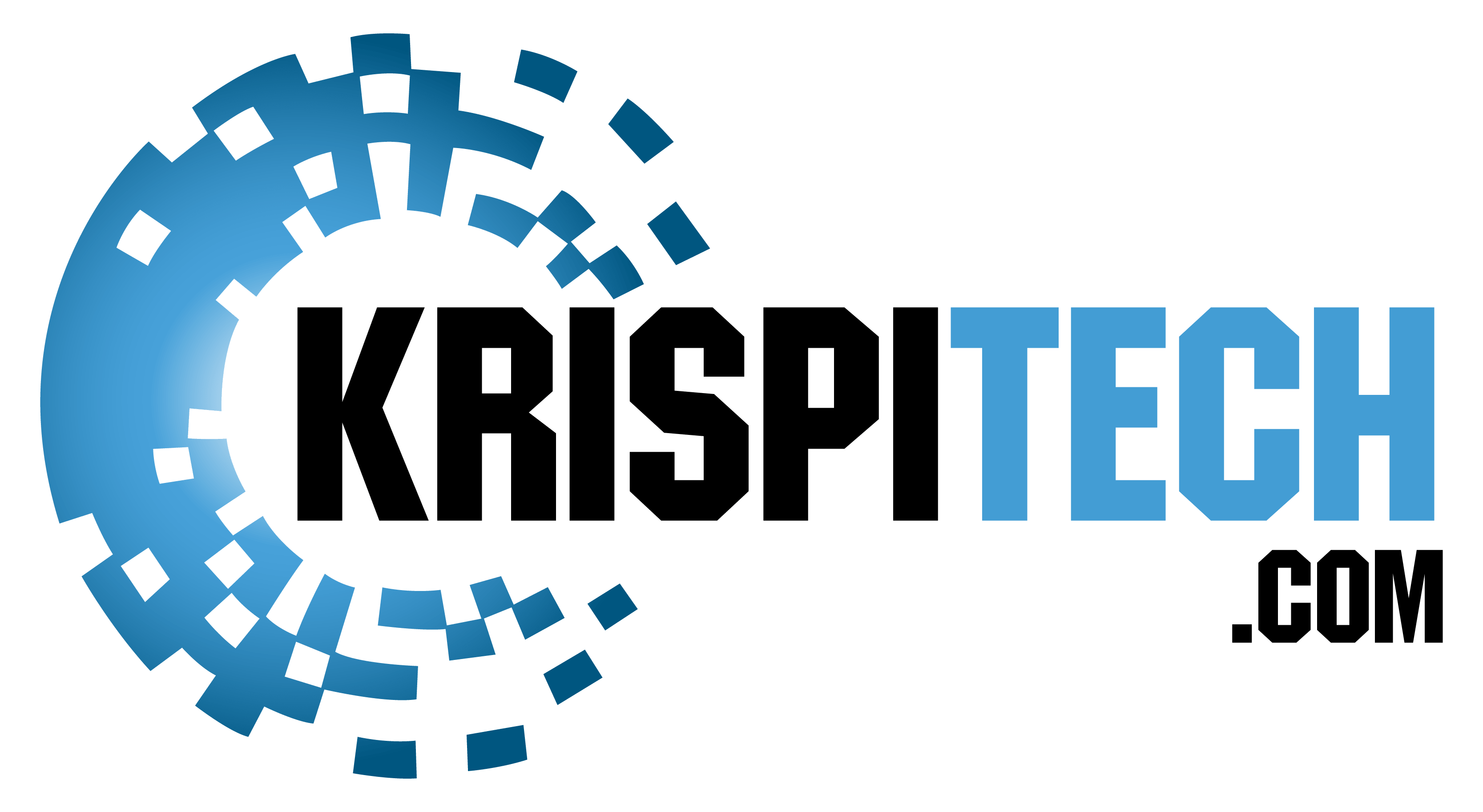According to statistics, about 60% of mobile developers now use iOS. This is not surprising given its user-friendly interface and the fact that it powers some of the most popular devices on the market, such as the iPhone and iPad.
If you’re thinking about becoming an iOS developer, or are already one and are looking to expand your skill set, then you might be wondering which programming language to learn. Here we look at some of the most popular languages for developing iOS apps.
Why Development Language Matters?
When creating apps, developers have to consider many factors. One of the most important is the target audience for their app. If they want to reach as many people as possible, they need to make sure their app is available on multiple platforms, which means using the right development language.
There are two main types of programming languages: compiled and interpreted. Compiled languages are converted into machine code before they can be run, while interpreted languages are run through a program that converts them into machine code on-the-fly.
Some languages can be used for both purposes, but one is usually more suited to a particular task. In general, compiled languages are faster and more efficient, while interpreted languages are more flexible and easier to work with.
Swift
Swift is a compiled language created by Apple specifically for developing iOS apps. It’s a relatively new language, having only been released in 2014, but it has quickly become one of the most popular languages for iOS development.
One of the main reasons for its popularity is its ease of use. Swift is designed to be easy to read and write, eliminating many common mistakes that can occur in other languages. This makes it ideal for beginners or developers who want to create an app quickly without worrying about making mistakes.
Another advantage of Swift is its performance. Because it’s a compiled language, it runs faster than interpreted languages like Python or JavaScript. This makes Swift programming language an ideal choice if you want to create a responsive and performant app.
Objective-C
Objective-C is a compiled language that was created in the 1980s. It was initially designed for use with the NeXTSTEP operating system, but it has since been ported to other platforms, including macOS, iOS, and Linux.
Despite its age, Objective-C is still a popular language for developing iOS apps. This is because it provides a level of flexibility that is impossible with Swift. In particular, Objective-C’s dynamic runtime allows for features like reflection and introspection – which can be very useful when working with large and complex codebases.
If you’re an experienced developer comfortable working with complex code, then Objective-C might be the right language for you. However, if you’re new to programming or want to create an app quickly and easily, then Swift is a better choice.
Python
Python is a high-level interpreted language that was created in the 1990s. It’s one of the most popular languages in the world, and it’s used extensively in fields such as scientific computing, data science, and artificial intelligence.
Although Python is not natively supported on iOS, there are several ways to use it for developing iOS apps. The most common way is to use a tool like Phyto or Kivy, which allows you to write Python code and then compile it into an iOS app.
If you’re experienced with Python, then using it for developing iOS apps can be a good choice. It’s a flexible language that allows you to create complex apps, and there are many libraries and frameworks available that can make development easier.
Java
Java is a versatile compiled language that was created in the 1990s. It’s widely used for developing desktop, web, and Android apps – but it can also be used for developing iOS apps.
There are two main ways to use Java for developing iOS apps. The first is using a tool like Roboelectric, which allows you to write Java code and compile it into an iOS app. The second is to use a tool like React Native, which allows you to write Java code and then run it inside a JavaScript environment on iOS.
If you’re experienced with Java, then using it for developing iOS apps can be a good choice. It’s a powerful language that allows you to create complex apps, and there are many libraries and frameworks available that can make development easier.
C#
C# is a Microsoft language that was created in the early 2000s. It’s similar to Java in many ways, but it has some critical differences. In particular, C# is designed to be used with the .NET framework, making it easier to develop Windows apps.
Although C# is not natively supported on iOS, there are several ways to use it for developing iOS apps. The most common way is to use a tool like Xamarin, which allows you to write C# code and then compile it into an iOS app.
Final Words
Whether you plan to develop mobile apps or any other software, choosing the right programming language is essential. The language you choose will determine how easy or difficult it is to develop your app, and it will also affect your app’s performance.
If you plan to develop an iOS app, you should consider Swift or Objective-C. If you’re experienced with Java or C#, then you can also use those languages for developing iOS apps – but if you’re new to programming, then Swift is a better choice. Python can also be used for creating iOS apps, but Swift or Objective-C could be better suited.
Other Technical Reviews:- Reviews












